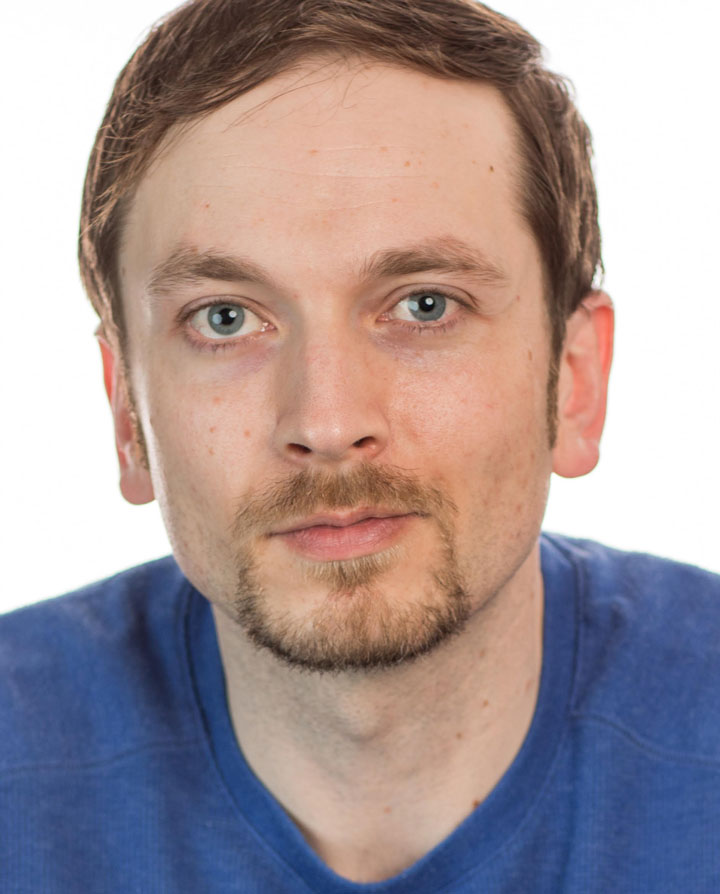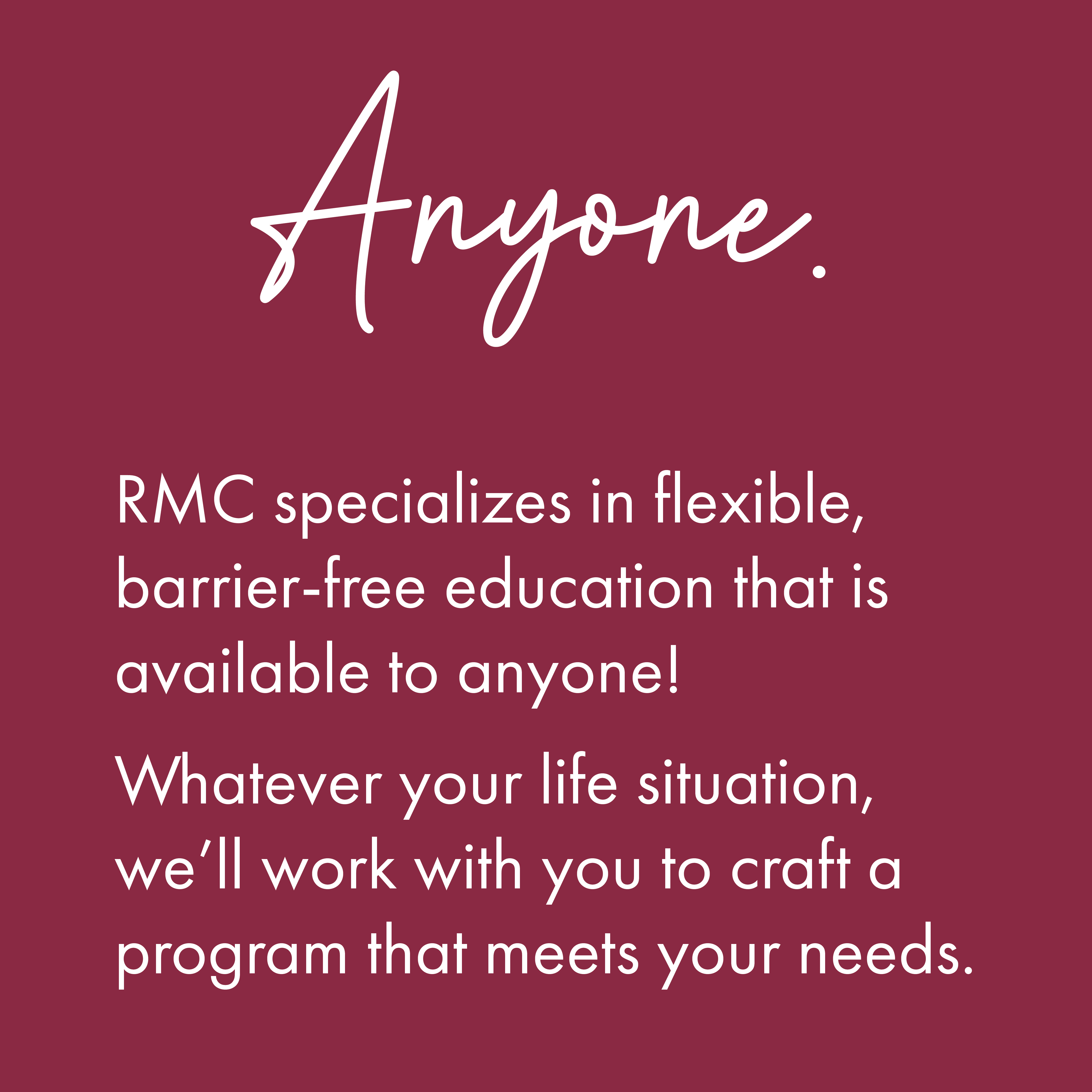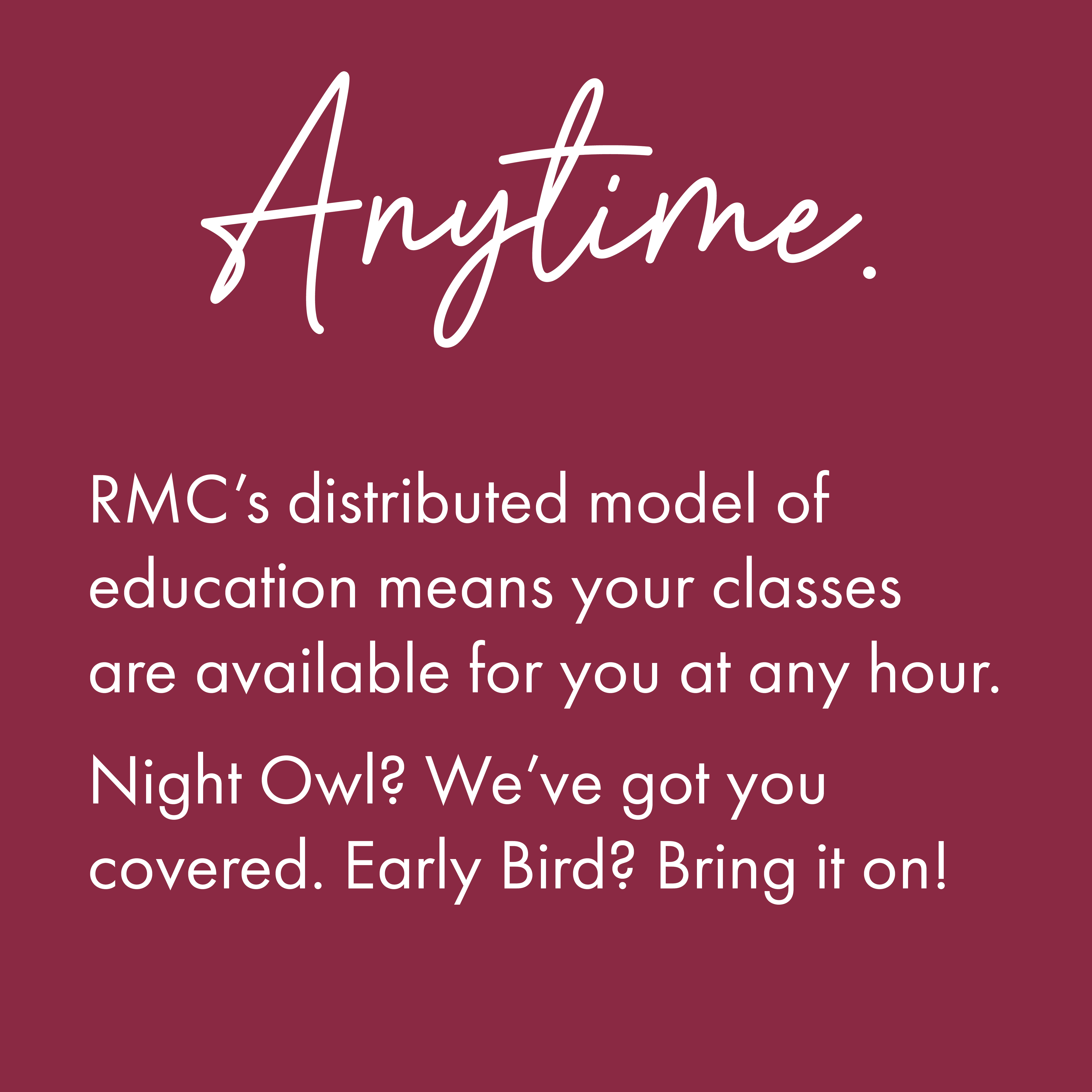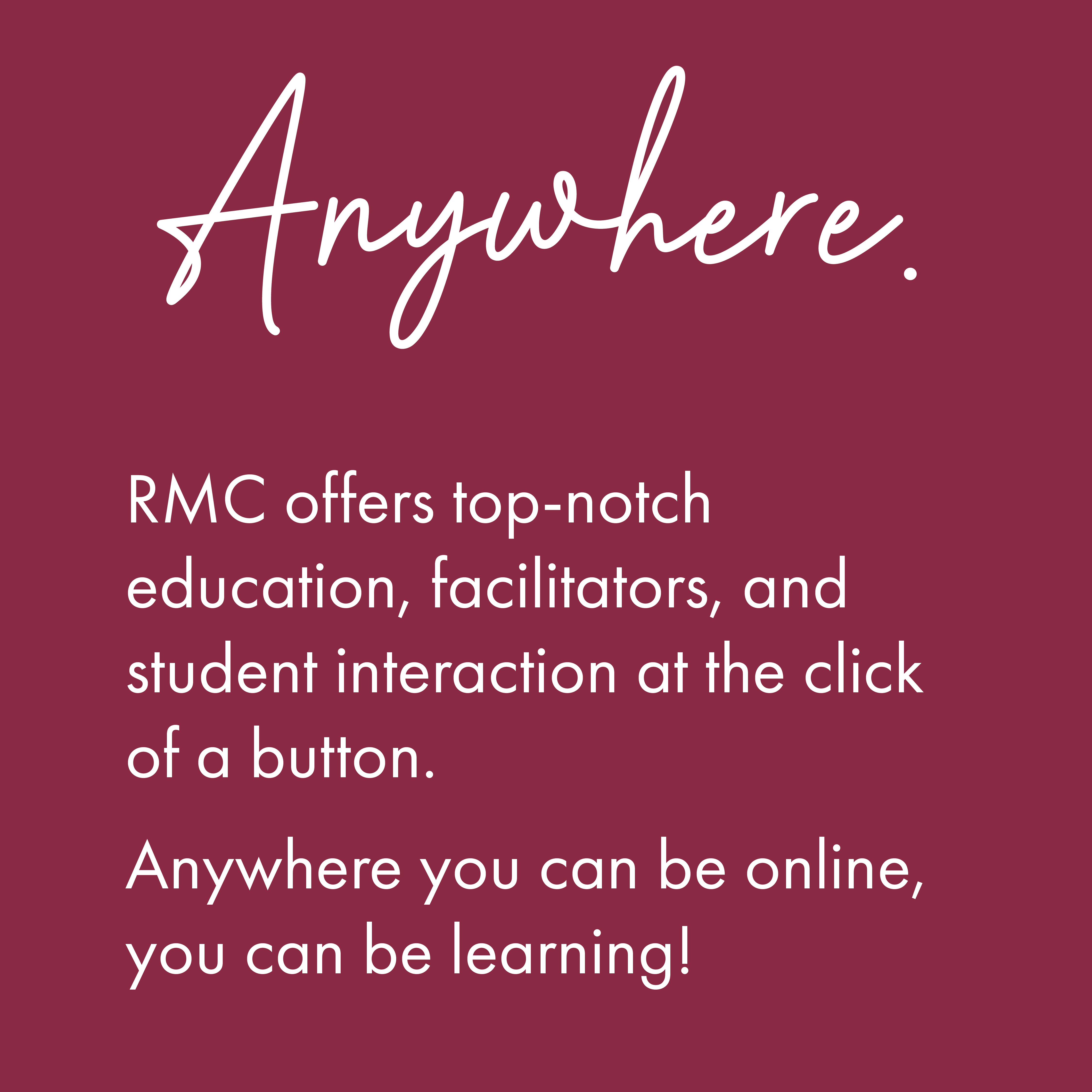
The Call
A Devotional by President Mike Swalm
One of the most regular questions I’ve received in ministry is that of “call” to ministry. What does it mean to be called to ministry, and how can I know if I’m called?
My story of call is not as dramatic as some, but it made a huge impression on me. I was 17 or 18 years old, working at James River Bible Camp. Something dramatic was happening and all the staff were called on to respond. As I was running toward the problem (I don’t remember what it was now), I thought that I should run to my cabin to grab my Bible. It was a very unusual impulse for me, but I followed it. Then when I reached my cabin, I thought that I should sit down and read a bit (not the greatest move in a crisis!), and so I did. I opened the Bible and God spoke to me through the words on the page.
God’s words to the prophet Ezekiel became God’s words to me, words to go and speak the words of God to God’s people. They were going to be stubborn, God said, and hard-hearted, but I was not to be afraid or dismayed.
God’s direct call has stayed with me for the last thirty years. It has provided comfort and direction in times when I have felt lost in ministry. It has also provided a means of orientation when I’ve been unsure about what comes next.
But the more I reflected the more I realized Peterson was on to something, and not just for pastors. What While this call was special to me, and gave me much, it was not my first and primary call to ministry. It was a clarification on a previous call, and that’s where I always begin with the answer to the question we started with: what does it mean to be called to ministry, and how can I know if I’m called?
I answer the second question first. How can I know I’m called? If you’re a follower of Jesus, you’re called. If you’ve given your allegiance to Christ, you have a call on your life to bear witness to the King, no matter where you are or what you do. Every single Christian is called to minister.
Are you called? YES!
The first question remains: what does it mean to be called to ministry? To be called to ministry is to know the love that God bears for you as a son or daughter, and to know that this love is available to all people. It is to know that enemies of God can become friends of God through the love of God expressed by His children. It means that God’s work of reconciling the world to Himself is something we’re invited, even commanded, to join. To be called to ministry is heed the words of Jesus that are as true for us as they were for his disciples 2000 years ago: “Go, make disciples of all nations, baptizing them in the name of the Father, the Son, and the Holy Spirit, and teaching them to obey everything I’ve commanded you.”
You’re called. I’m called. So here we go!
All the best,
President Rev. Dr. Mike Swalm
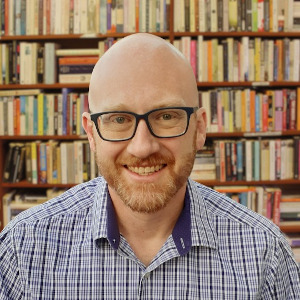
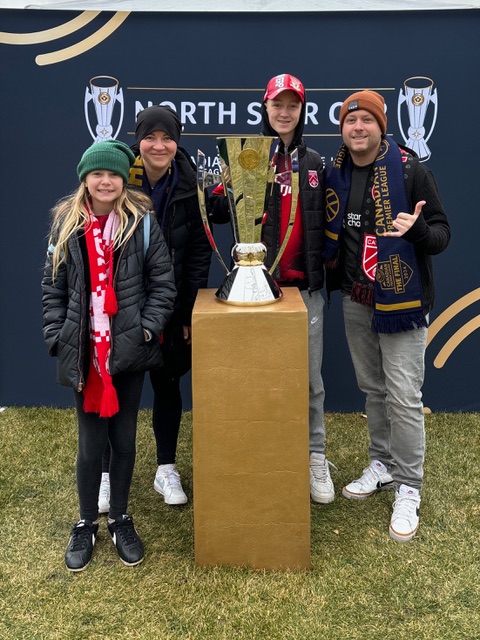
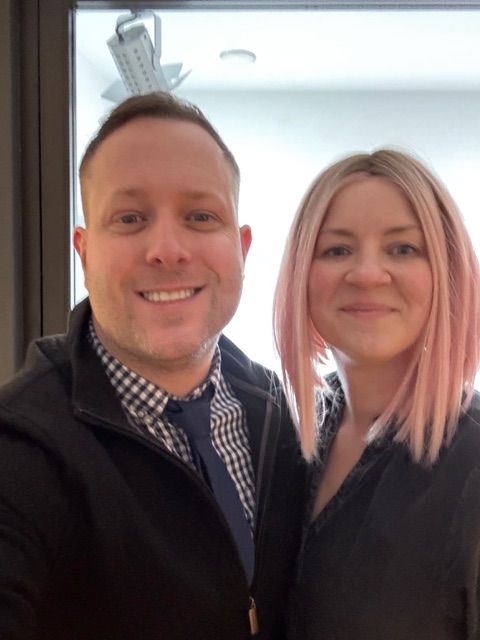
Alumni Spotlight: Trevor
Hi! My name is Trevor Berry. I graduated from Rocky Mountain College about 15 years ago with a BA in Leadership. During my time at Rocky, I met my wife Melissa—which was a nice little bonus along with my degree! We now have two kids: Cody (14) and Emma (11), and we’re currently living in Calgary.
Over the past decade and a half, Melissa and I have served in a number of ministry roles across Canada, including Calgary, Medicine Hat, Camrose, and Wimborne in Alberta. Much of our work has involved helping to relaunch struggling churches as church planters—something we’ve felt deeply called to. We also spent a year in Ontario training as church planters and served in Vancouver for several years.
Today, I serve at McKenzie Towne Church where I oversee leadership development, our internship program, and help lead our evening campus. I love getting to invest in young leaders, build up teams, and help people discern and step into their callings. It’s work that feels both life-giving and meaningful.
Like many in ministry, we’ve had seasons of great joy and deep challenge, but through it all, we’ve seen God’s faithfulness and grace at work. Jesus is good and it has been a privilege being a part of His work in seeing His kingdom move forward.
Looking back, Rocky was an incredibly formative time for both Melissa and me. It laid a strong foundation for life and ministry, and many of our closest friendships were formed during our years there. Some of my roommates have become lifelong friends—people we continue to do life with to this day.
I’m deeply grateful for the ways Rocky shaped us, both spiritually and practically, and for how it helped prepare us for the journey we’ve been on ever since.
Be a Donor
Your donation to Rocky Mountain College directly empowers students to achieve their goals and create lasting impact in their communities. With your support, we can continue to foster Christian education, growth, and leadership for tomorrow’s trailblazers. Every contribution, no matter the size, helps shape the future of higher learning and transforms lives.
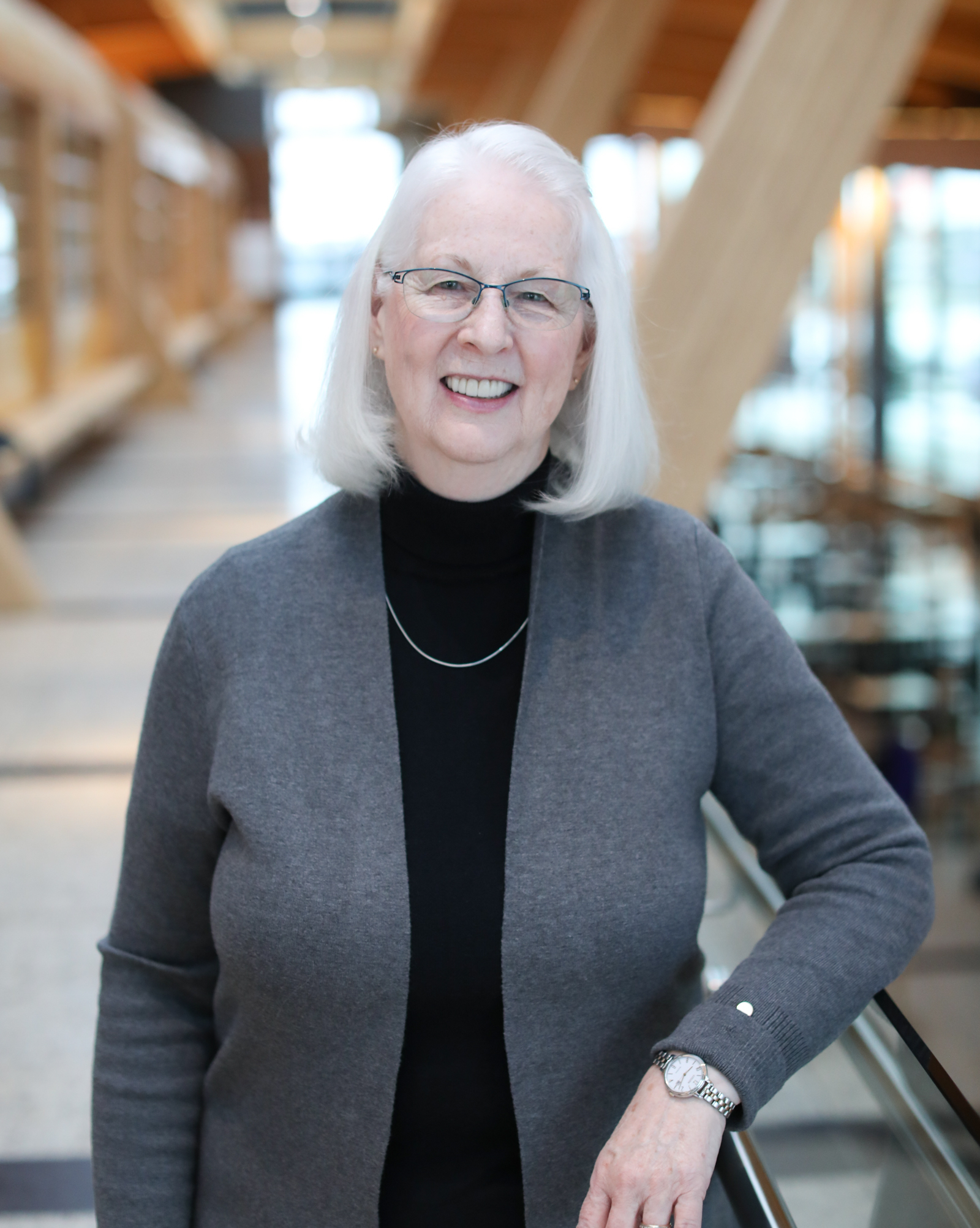
Team Spotlight:
Virginia Hooper's interview
The Human Services programs at RMC Pathways continue to enroll new students, and to graduate students with diplomas and degrees. Virginia Hooper, a RMC faculty member from 1992-2004, has returned to the faculty and is coordinating these programs. The following discussion explains the programs and their roles in our diverse culture.
What is the “Human Services” field of study? What kinds of jobs are involved.?
Human Services is the title given to a wide field of work that is quite diverse in the kinds of roles. The National Organization for Human Services explains it this way: “The field of Human Services is broad, with the objective of meeting human needs through an interdisciplinary knowledge base. There is a focus on both the prevention and the remediation of problems. There is a commitment to improving the quality of life for the vulnerable.”
Human services professionals hold jobs in settings such as group homes; halfway houses; community services organizations; juvenile detention centers and prisons; family, child and youth services. They provide interventions and support services to the vulnerable in society -- those with disabilities; those who experience violence and abuse; those living in poverty; those who are addicted or impacted by addiction. The list could go on. Christians working in these roles join their faith commitments with skills for working with individuals and groups who face life challenges.
How did you become involved in the Human Services field?
Over a period of time in my early adulthood I began to realize that participating in ministries to the vulnerable and marginalized is one of God’s callings in my life. From my late teens and into early adulthood I volunteered with my church in preparing and serving meals at a homeless center, developing a program for foster children, tutoring children with learning disabilities, and leading support groups for girls who had been sexually abused. As I matured and began teaching, I continued serving in ministries and organizations that assist people faced with life difficulties - sometimes as an employee, sometimes as a volunteer. God always opens doors, and there is always an opportunity at hand to come alongside people who are in need of assistance. The other side of that is, when I have faced my own life difficulties, there were people in the human services field who counseled and supported me. I know firsthand the tremendous value of people who work in this field.
Most recently, for the past decade I have been working in special education as a school counselor, and as a vice-principal, mentoring teachers and supporting parents who have children diagnosed with developmental disabilities. I was also a life skills instructor in a BC provincial prison, and a volunteer with the chaplain’s office there.
So, what Human Services Programs are offered through RMC?
There are three concentrations: Addictions Counselling, Child and Youth Care, and Counseling. There is a diploma in each, and a BA in each and the Addictions Counselling offers a certificate as well. Our overarching objective is to prepare Christians to minister among the vulnerable and marginalized, in ministry organizations and in marketplace. The programs are interdisciplinary, as students have requirements in Bible and Theology, General Arts, and Professional Studies. Field education and a significant supervised practicum are part of each program.
There are RMC human services students completing practicum assignments this spring and summer. They are working in ministries to immigrants and refugees; taking calls on a crisis line; in an organization serving women who were sexually trafficked; as a court liaison for youth involved in the juvenile justice system.
Our goal in the years ahead is to bring online other programs, such as in mental health supports, addictions counseling, and disability services. Also, under discussion are continuing education webinars or courses that can be accessed easily online.
Is there any “last word” that you would conclude with?
Yes. RMC was established to allow “Anyone, Anytime, Anywhere,” access to Christian education. The majority of our students are adults in their late-20s to mid-30s who are pursuing a call to ministry while also working and often parenting. The RMC model allows each person to pursue education at their own pace. RMC faculty and staff are available to talk with anyone considering future education.
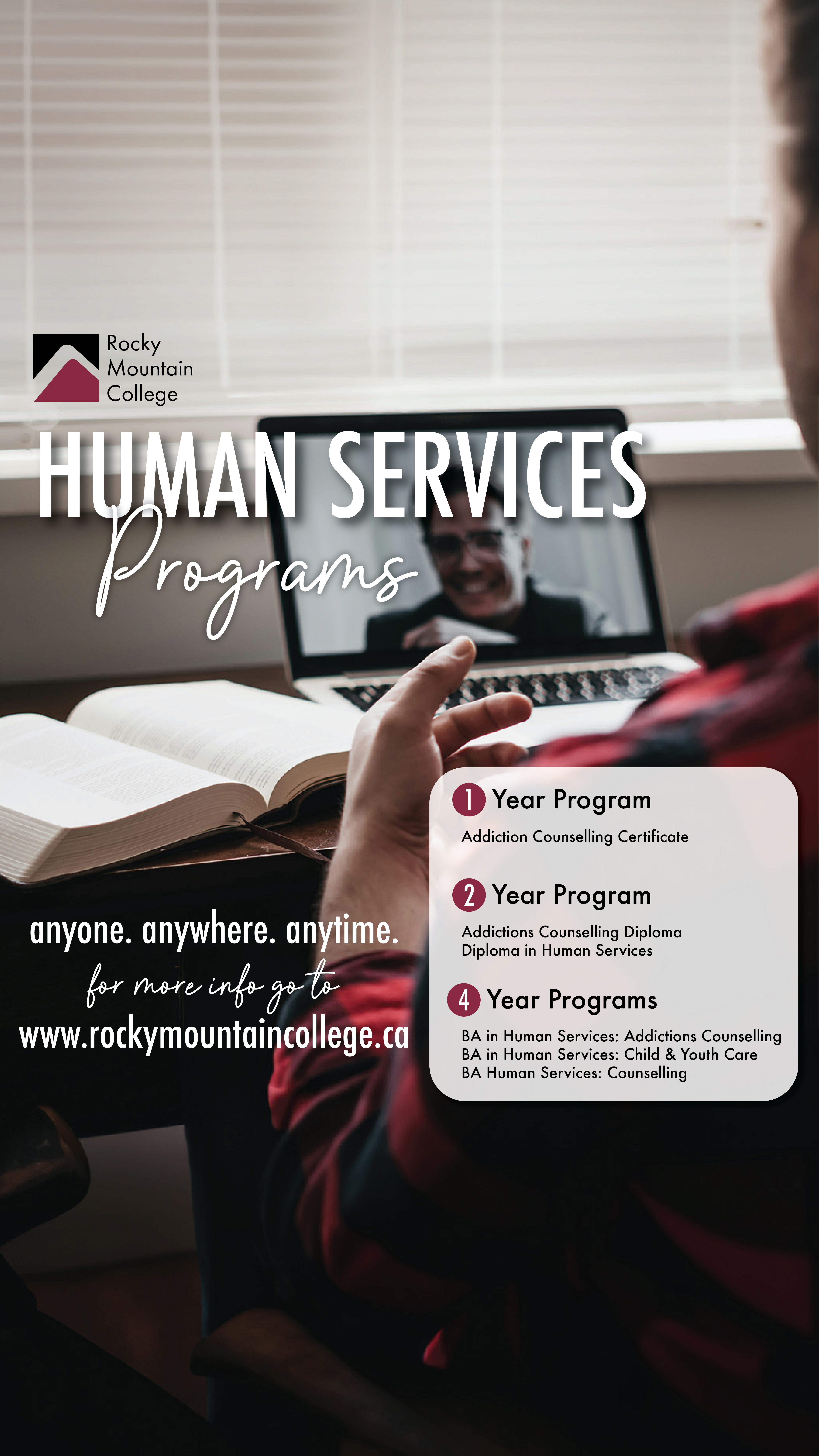
Human Service Programs
The field of Human Service can open doors to ministry opportunities. If you sense God's call to impact others then click below to check these programs out!

-
Pray for spiritual vitality for our students and staff
-
Pray that we would know the Spirit’s call on our lives
-
Pray that RMC would stay true to our calling to prepare men and women for ministry

